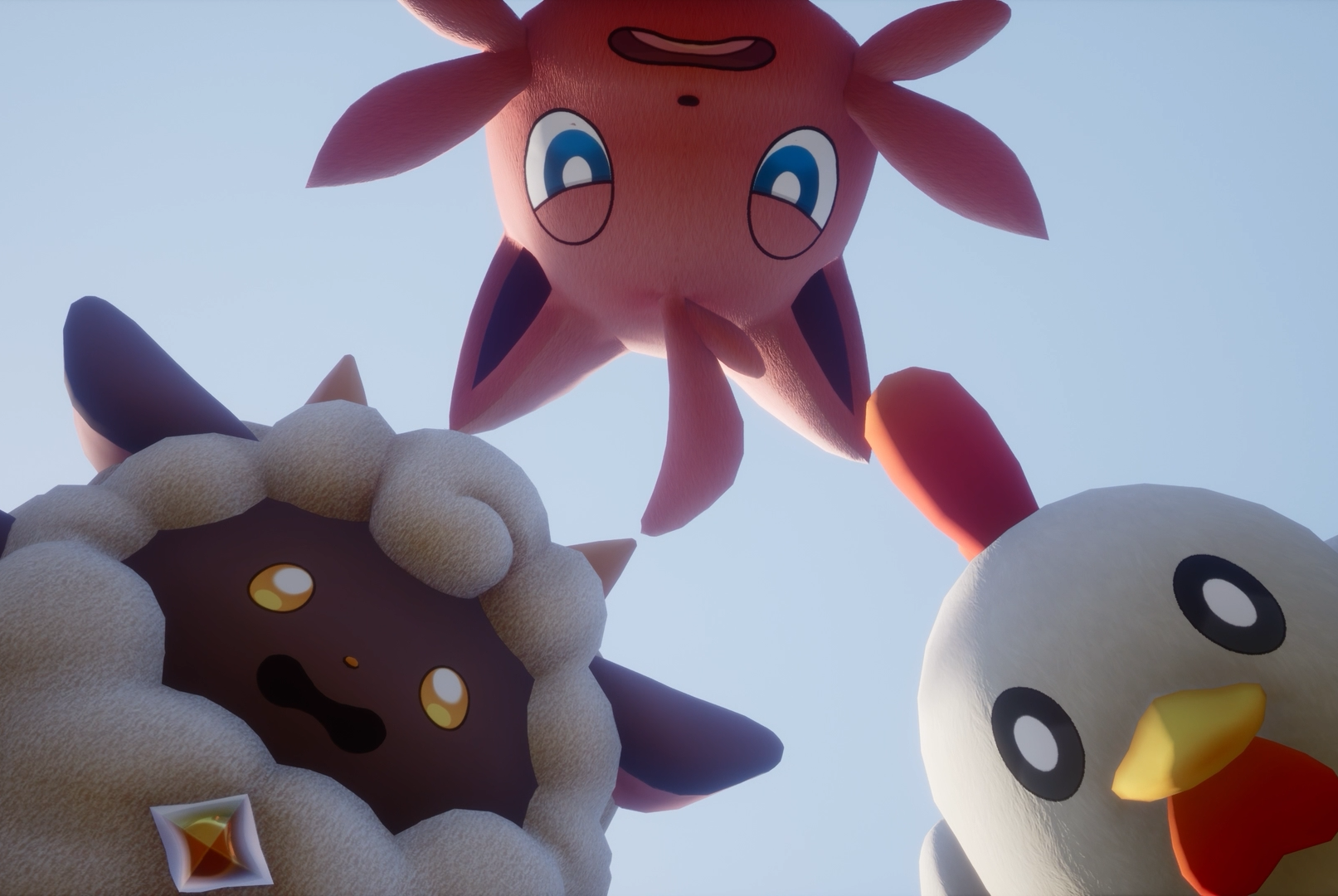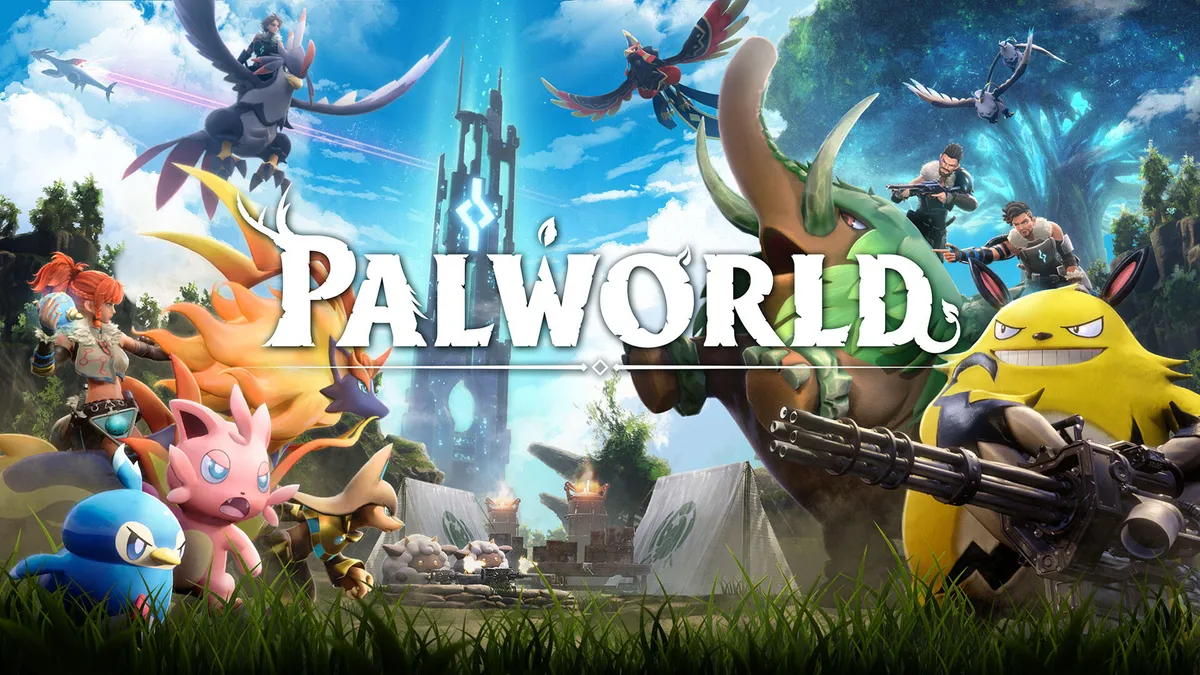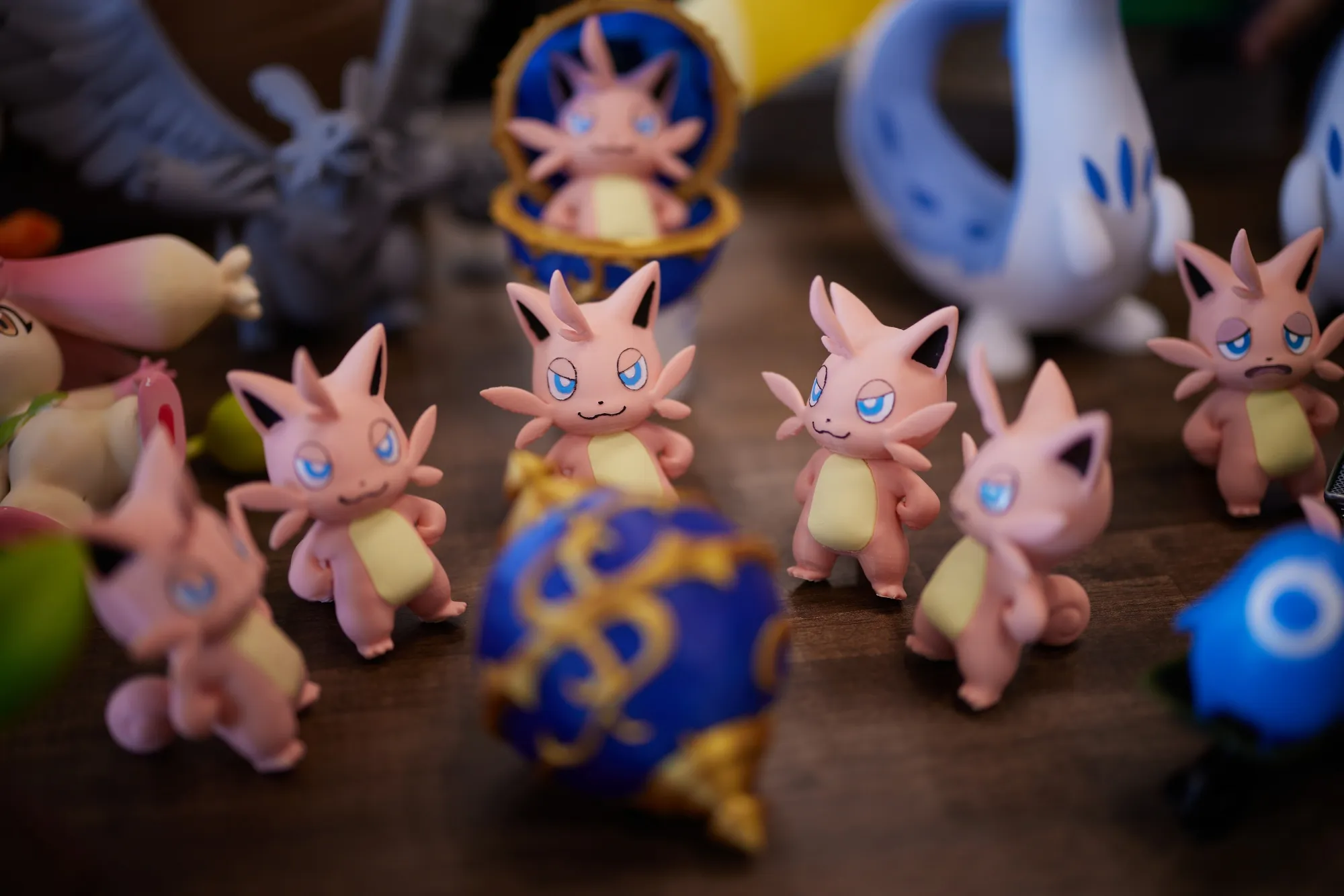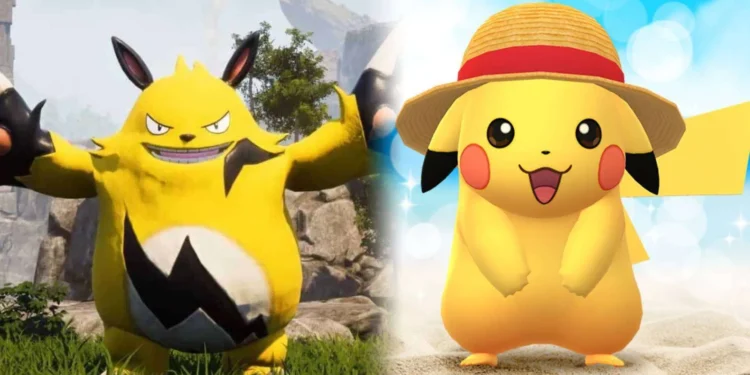In a surprising move, Nintendo and The Pokémon Company have taken legal action against Pocketpair, the creators of Palworld, alleging infringement on a series of patents. Among these, a particular patent concerning the mechanics of Pokéball throwing has emerged as a focal point in this intellectual property dispute.

The Heart of the Controversy: Pokéball Patent
At the core of the lawsuit is a patent that describes the method by which a character in a video game aims and throws a captured item, such as a Pokéball, to secure a creature and claim ownership over it. This patent, recently filed by Nintendo and The Pokémon Company was expedited for review, indicating a strategic preparation for litigation. Kiyoshi Kurihara, a Japanese patent attorney, shed light on the implications of the patent in an interview with Yahoo Japan. Kurihara’s insights suggest that this patent could pose significant challenges for any developer aiming to create games similar to Pokémon. He described the patent as a “killer patent” and noted its potential for easy infringement by unsuspecting developers, stressing the difficulty of navigating around such a broad and encompassing patent.

A Tale of Two Games: Palworld vs. Pokémon
Since its launch, Palworld has been subject to comparisons with Pokémon, primarily due to similarities in its monster-catching mechanics and creature designs. Players in Palworld use a Pal Sphere to capture creatures, much like the Pokéball used in Pokémon games. Despite the visual and thematic resemblances, the legal battle seems to focus less on copyright issues—typically associated with character and design similarities—and more on the patent covering the game mechanics themselves.
The Legal Landscape and Broader Implications
Nintendo’s assertive legal stance might be influenced by Palworld’s initial success and its plans for expansion, including a forthcoming PlayStation release. Pocketpair, backed by investment from Sony to foster Palworld Entertainment, appears committed to defending its creative freedoms and supporting the broader indie game development community.
The lawsuit has raised concerns among fans and developers alike regarding its potential to impact Palworld’s availability, both in Japan and globally. Lisa Phillips, a U.S. IP and patent attorney, pointed out the limitations of Japanese patent law’s geographical reach but did not discount the possibility of Nintendo extending its legal actions to other regions where it holds substantial intellectual property rights.

Industry Reactions and Future Outlook
As the gaming community watches closely, industry experts like Richard Hoeg emphasize the procedural norms of such legal disputes, where defendants are typically informed about the specific allegations against them early in the process. However, Pocketpair’s recent statements suggest they are still awaiting the detailed complaint from Nintendo.

The outcome of this lawsuit could have significant ramifications for the gaming industry, particularly how game mechanics and character interactions are patented and protected. As developers and players alike await further developments, the balance between protecting intellectual property and fostering creative innovation continues to hang in the balance.










